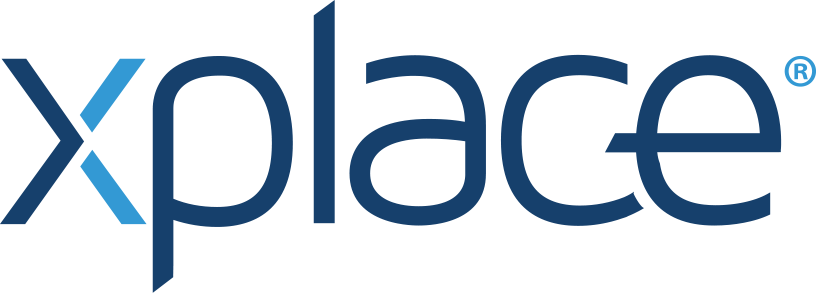Discover when Django finds its best use and how it benefits during the project development
We believe in the strength of Python, in its powerful capabilities, and multi-case application. This is one of the most popular languages for web development supplied with multiple libraries, frameworks, tools. There are many libraries written in Python, but Django deserves particular attention. This web development framework delivers high-quality and concise code for complex and high-load applications.
It is the open source MVT framework that offers a wide range of features for development, has the comprehensive documentation, large devoted community.
-
Its components include data models, relational database, web templating system, regular-expression-based URL dispatcher, lightweight web server, caching framework, internationalization and serialization system, and many others. Thanks to such a huge ecosystem, it is possible to build apps of different complexity and application, from CRUD to complex data-driven projects.
-
It is extremely popular and has a large community named DjangoCon. It has its meeting in Europe, the United States, and Australia. People from the community contribute much to the software, and now it has 4,000 packages available that drastically extend the capabilities of the products.
-
A proper documentation is necessary for saving developer time, thus minimizing customer budget. In Django’s case, it contains all the key aspects for developers to work out every difficulty they meet during project development and use the framework’s full capabilities.
The web framework brings benefits to both software development and to customer expectations. As long as it offers a clean code and comprehensive architecture the process goes quickly and efficiently. That’s why the client gets its results in a shorter time, that it could be with, PHP framework for example. This can save clients a lot of money.
Developers can conform to different client needs with Django. The following are the framework use cases.
MVP
When it comes to a start-up, clients usually choose to build an MVP, because it gives the first impression on the application and requires less time and money for its development. It is always a reasonable decision because only in the process clients can meet many obstacles which they need to work out in the further versions of the app. Django gives the application liberty to scale, and that’s why the project can be completed according to Agile principles.
Another point for the minimum viable product with Django is the speed of development. It is essential to deliver the product in a short time and present it to the client and investors. With the full set of components and an extensive list of integrations, it becomes possible.
Web Applications
Once you decided to scale and turn MVP into a fully-fledged web application, then a series of components, which do not depend on each other and can be easily replaced, come in handy. Django guarantees the smooth work of high-load and database-driven projects. The clients will appreciate fast-loading pages and quick data-processing of their websites.
The toolset and a large number of third-party apps help in carrying out the web development process completely. A web app can be enhanced with social login, VoIP, messaging, payment, and mapping services, RSS feeds. Also, it makes possible to further accelerate an already quick development process.
Developers and clients are not limited by the options for the websites that Django offers. Content management, scientific computing platforms, and even big organizations, all these aspects are very efficiently managed by the use of Django. There are numerous examples of popular, high-load projects that rely on Python and Django, in particular, to provide users with stable, fast access, for example, YouTube, Instagram, Dropbox, Quora, Spotify, Reddit use Django in their services.
REST APIs
Django REST framework is a flexible and explicit toolset, offering modular and customizable architecture for building sophisticated RESTful web APIs. The framework consists of 3 layers: the serializer, the viewset, and the router and is mature and stable as well as well-documented. It gives developers a lot of tools out of the box (emitters, parsers, validators, authenticators, serializers, ORMs, views, classes for CRUD operations, etc). Writing a simple code, developers can create APIs for websites written with Django, add new capabilities to the projects as well as enhance and diversify their functionality.
To Sum Up
We can never choose one universal language for different projects, but we can state where Django is the right option. It will help you to successfully fulfill the requirements and bring the idea to life. As a result, you can have a sophisticated and powerful product which will satisfy your clients’ needs.








 פרסום פרויקט
פרסום פרויקט


 התחבר עם פייסבוק
התחבר עם פייסבוק
 התחבר עם LinkedIn
התחבר עם LinkedIn